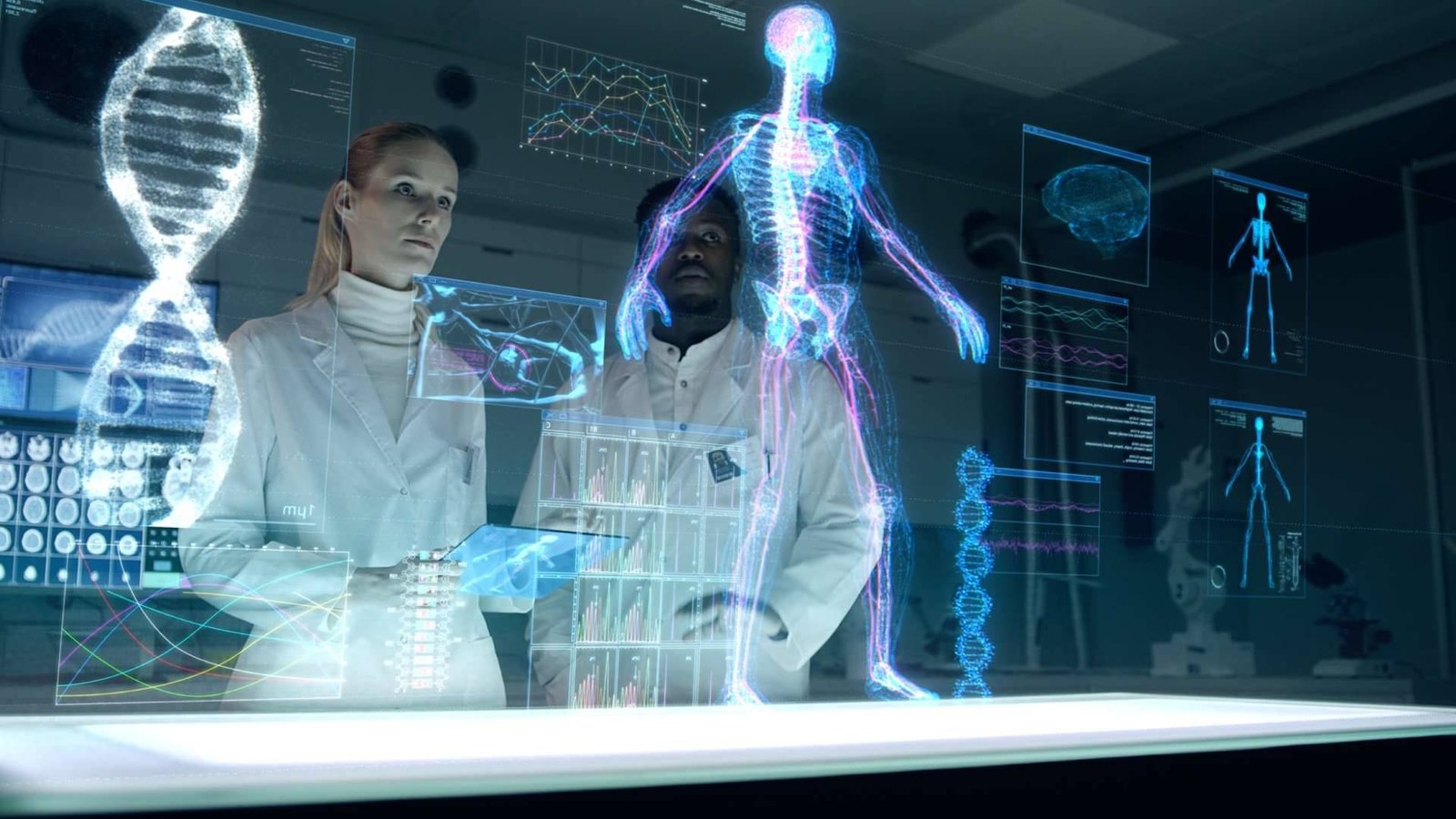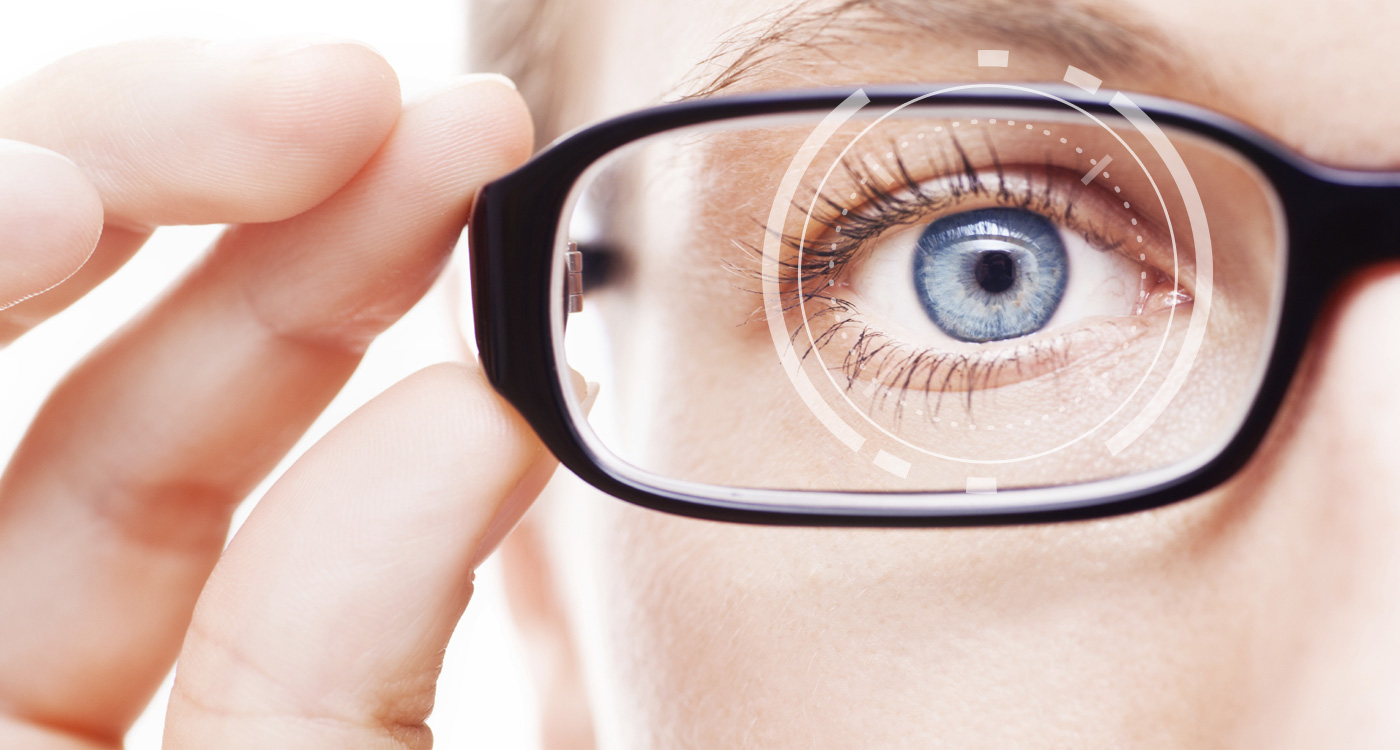Currently, cancer-related fatigue is mainly self-reported by patients, and there is no biomarker that could allow clinicians to objectively monitor the severity of fatigue. Findings from the NUS study suggest that measuring the level of genetic material in the blood could help doctors identify patients who are suffering from cancer-related fatigue and develop strategies to better manage this side effect in patients.
The team will be studying how changes in mitochondrial DNA (mtDNA) content correspond with patient's reporting of fatigue in respond to therapeutic interventions. They also plan to evaluate whether certain foods or diets, as well as Traditional Chinese Medicine, supplements and exercise, can help to reduce cancer-related fatigue in patients and survivors of cancer.














